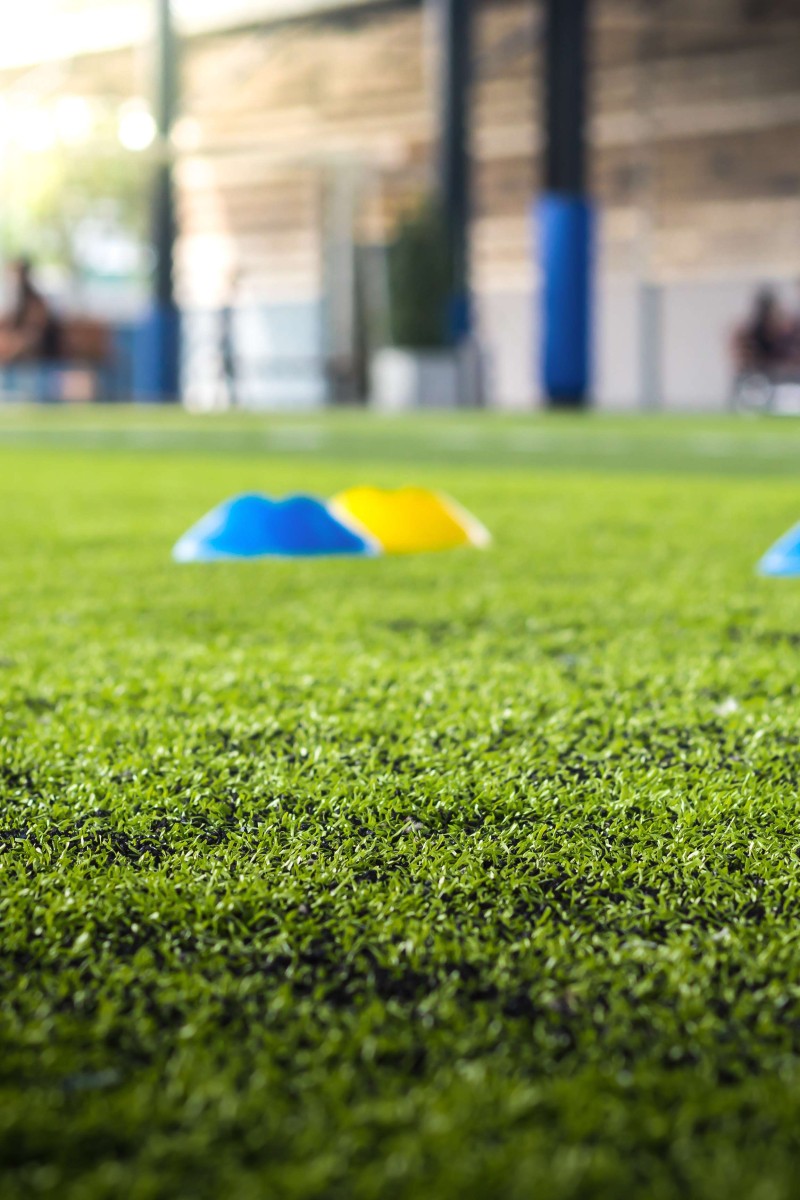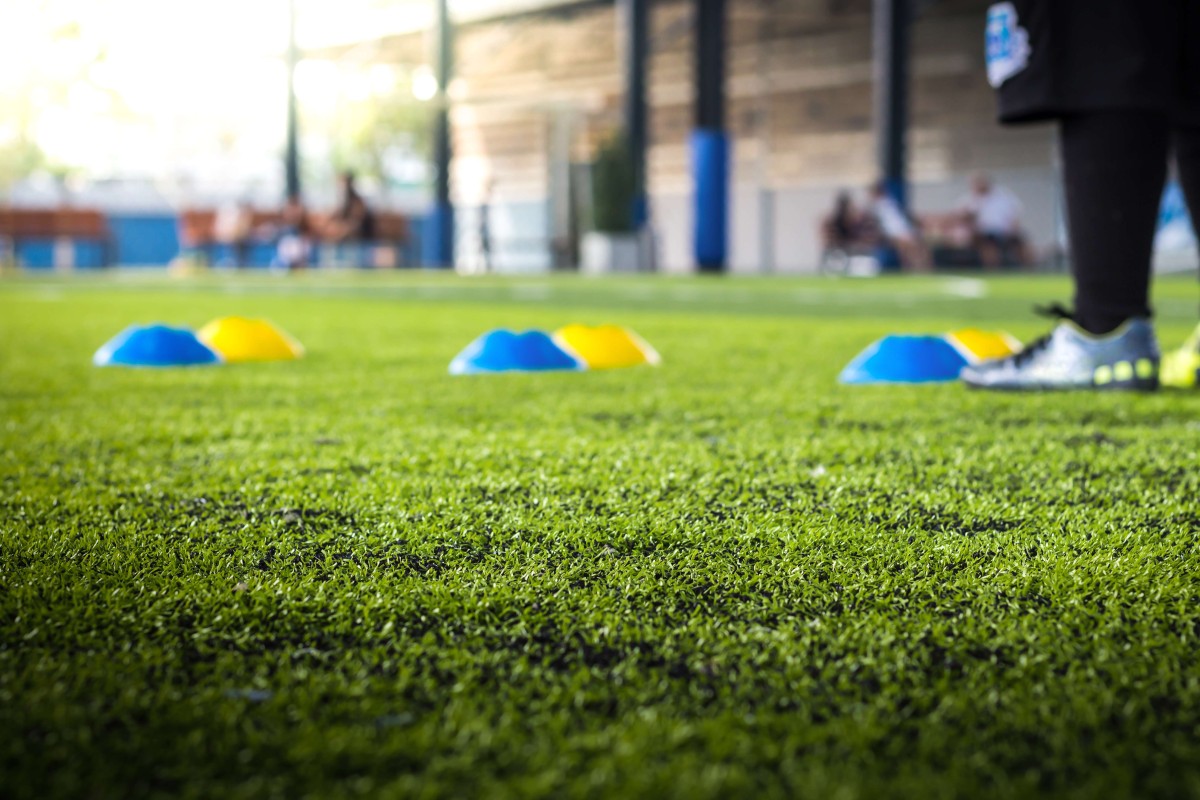
No official reason has been given yet, but a source claims it’s due to concerns the chemical content exceeds international health standards

Five Hong Kong schools run by the English Schools Foundation have closed their artificial sports pitches due to safety concerns over chemicals exceeding international health standards.
The ESF would not confirm the reason for keeping students away from the rubber-crumb, astroturf pitches at Discovery College, King George V School, Renaissance College, Sha Tin College and South Island School, saying only that they were closed to “allow for ongoing safety testing and investigation”.
But a source told the SCMP: “The pitches are being tested due to safety concerns over chemicals exceeding international health standards.
“The problem is there are so many different standards.”
The ESF said no other pitches at its schools would be closed, and there was no suggestion that any other pitches across Hong Kong might be affected.
There has been speculation in other regions about the negative health impact artificial pitches can have. The concern centres on the rubber crumbs – made from recycled vehicle tyres – although there has been no suggestion this is the issue in Hong Kong.
Dr Eric Lee Yin-tse, a local turf specialist, explained rubber tyres are ground into granules to act as infill material between plastic grass fibres. The rubber, because of its resilience, provides a cushioning effect. However, Lee said, the components in the tyres could pose a potential health hazard after long-term use. At least 80 per cent of artificial turfs in Hong Kong use such infill material, he added.
“When these rubber granules are worn out, they become smaller particles or powder which can float in the air and be inhaled into the lungs,” Lee said.
“Because these rubber tyres are recycled, the components and materials they are made from are unpredictable. Studies have shown that some were found to contain exceeding levels of heavy metals, such as lead, and have been banned from use in some countries.”
Lee said inhaling such particles could cause allergies or an increase in lead levels in the body.
A student from an ESF school, who asked not to be named, told Young Post today that he was angry about the closure and investigation of their artificial sports pitches. He said the ESF was highly bureaucratic when it came to health issues.
“I’m honestly very concerned by a worrying trend that we’re seeing, where the ESF is putting profits in front of its member schools’ interests. I’m also very upset because we athletes contribute our blood and sweat to our schools, yet they cannot even guarantee our safety,” he said.
The student urged the ESF to reform its management. “The ESF must be transparent about its decision to close the pitches. Are there any health concerns we need to know about? They should have also involved students in the decision-making process when buying new pitches.”
Young Post junior reporter Clement O’Young, 15, from Sha Tin College, said the ESF should have checked if the pitches met local and international health standards, and should not leave students at risk of any safety issues, especially when they had to pay such high school fees.